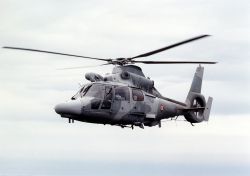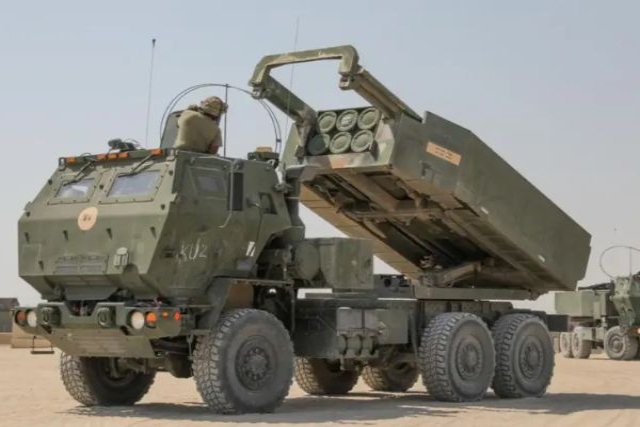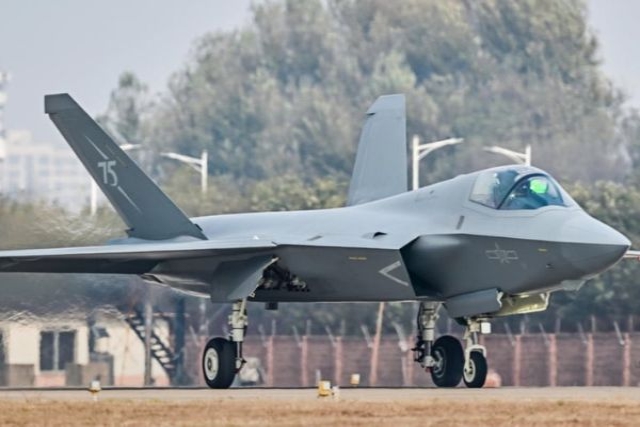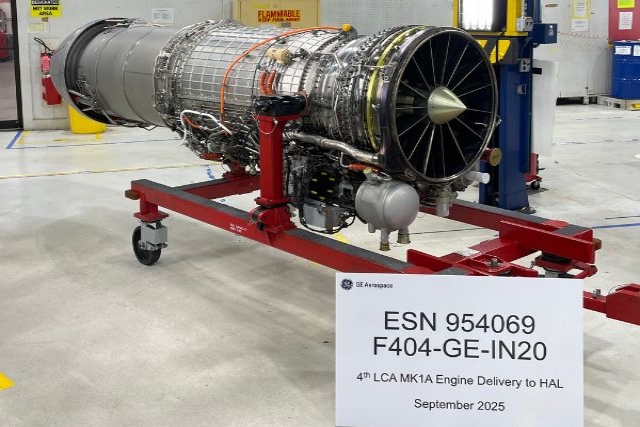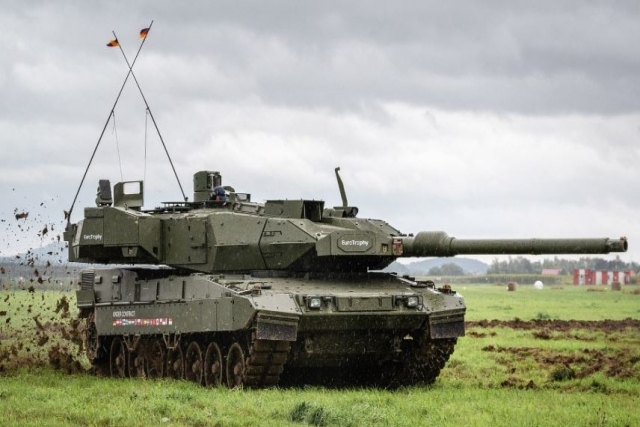Airbus Delivers Second Super Puma Helicopter To Bolivian Air Force
Airbus Helicopters announced today that it has delivered the 2nd Super Puma AS332 C1e helicopter to the Bolivian Air Force (FAB).
At the end of 2013, the FAB purchased six of these light-medium helicopters to fight drug trafficking and perform civil security and public service missions throughout the country. The first helicopter was delivered in August of this year and the four remaining helicopters will be delivered between now and 2016.
The official handover ceremony held in Cochabamba was attended by Bolivian President Evo Morales, members of the FAB High Command, France Ambassador in Bolivia, Michel Pinard, and Airbus Helicopters representatives.
The contract for the Super Puma helicopters also includes a logistical support package that aims to provide the FAB with the resources and know-how it needs to ensure a high level of fleet availability. Since the arrival of the first Super Puma last summer, the FAB has benefited from the services of a permanent technical expert and the support of an instructor pilot and maintenance instructor to ensure these new helicopters enter smoothly into service. The spirit of cooperation between the two countries is also reflected in the technology transfer program to foster the development of the aerospace industry in Bolivia, which has seen more than 100 pilots and technicians of the FAB receive training.
The long-standing relationship between the FAB and Airbus Helicopters dates back to the 1970s with the Lama and Alouette. In 2009 these were replaced by the Ecureuil AS350 B3, a helicopter that stands out due to its excellent performance in high & hot conditions and which has proven its versatility on demanding missions such as the aerial work on the cable car in La Paz at an altitude of 4,000 m and also for the Dakar Rally.
In 2012 the FAB added two EC145 helicopters to its fleet, which were followed by another two in 2014. All four of these powerful twin-engine rotorcraft are used for VIP transportation and to provide support in the event of natural disasters and emergencies. These EC145s already demonstrated their versatility, resilience and reliability during the rescue operations following the floods that ravaged the eastern part of the country at the beginning of this year and on missions to transport authorities during the G77 summit held in June in the Bolivian city of Santa Cruz.
The Super Puma family is particularly well suited to operations in Latin America, where more than 110 helicopters are currently in service and more than 50 are on order. Its ability to operate at high altitude, in the jungle and at extreme temperatures allows it to overcome the region’s unique challenges, especially in the mountains and plateaus of the Andes, where altitude and temperature often prove challenging.
